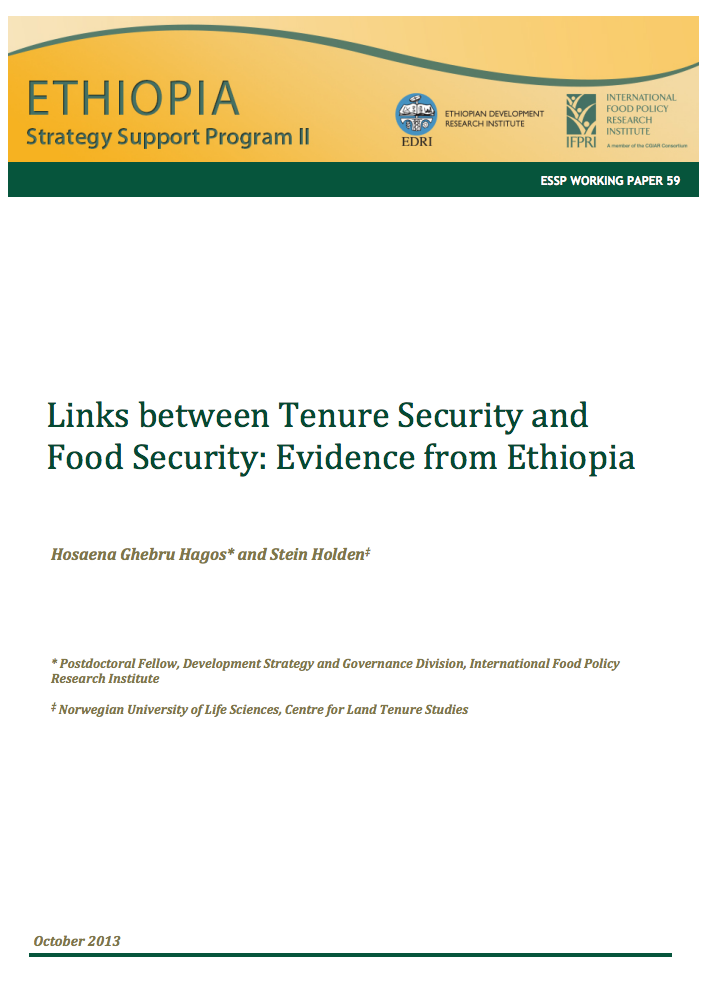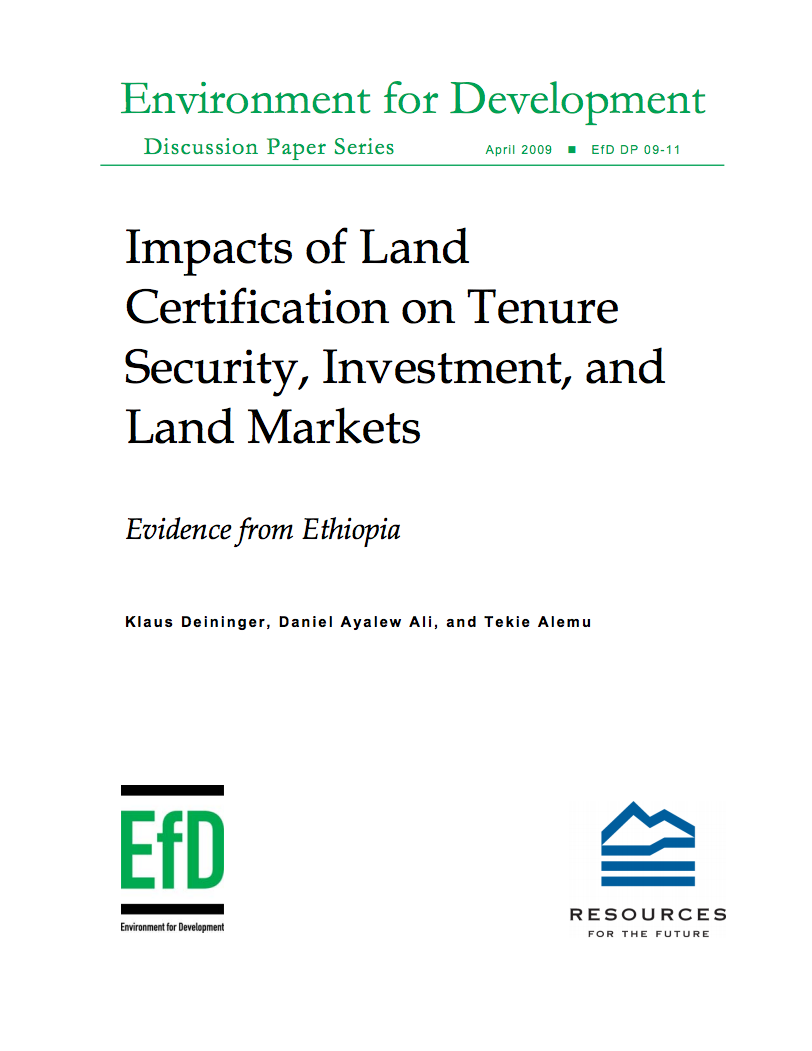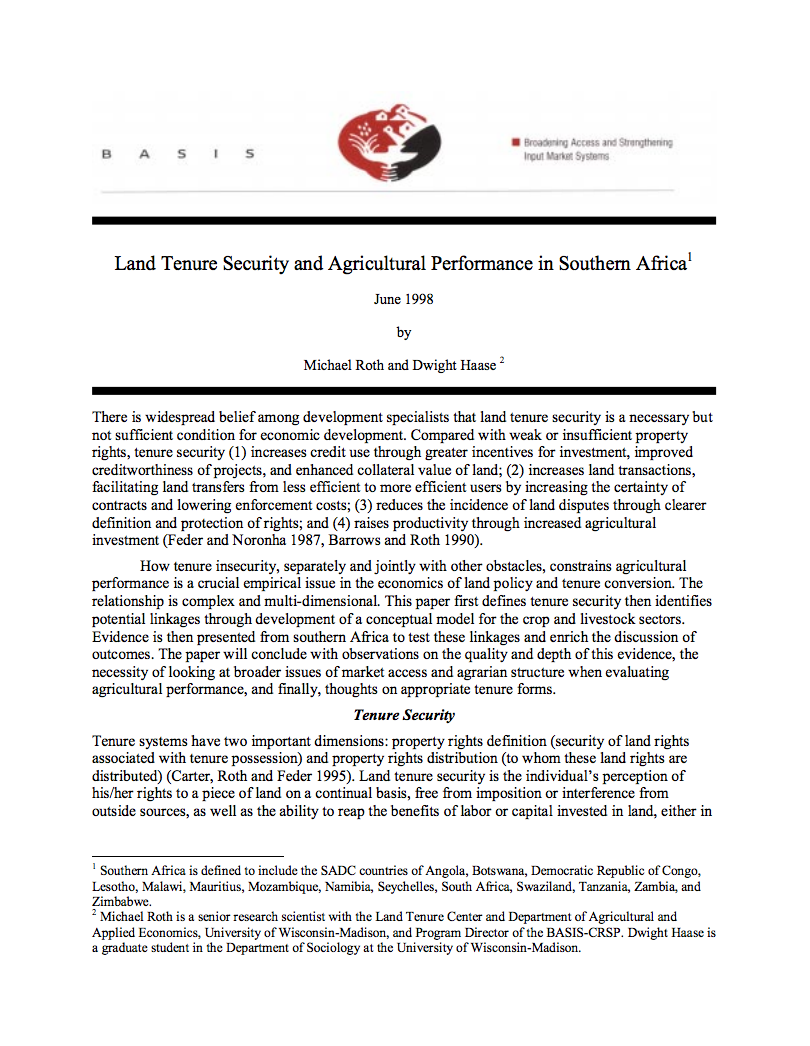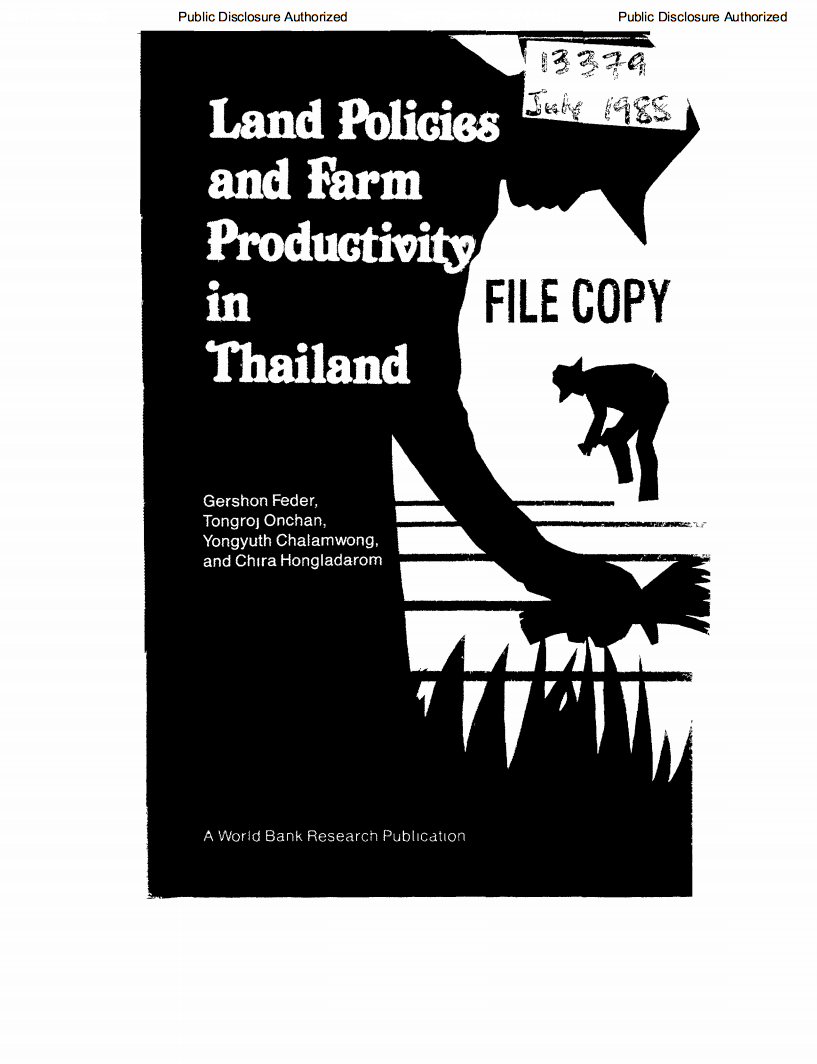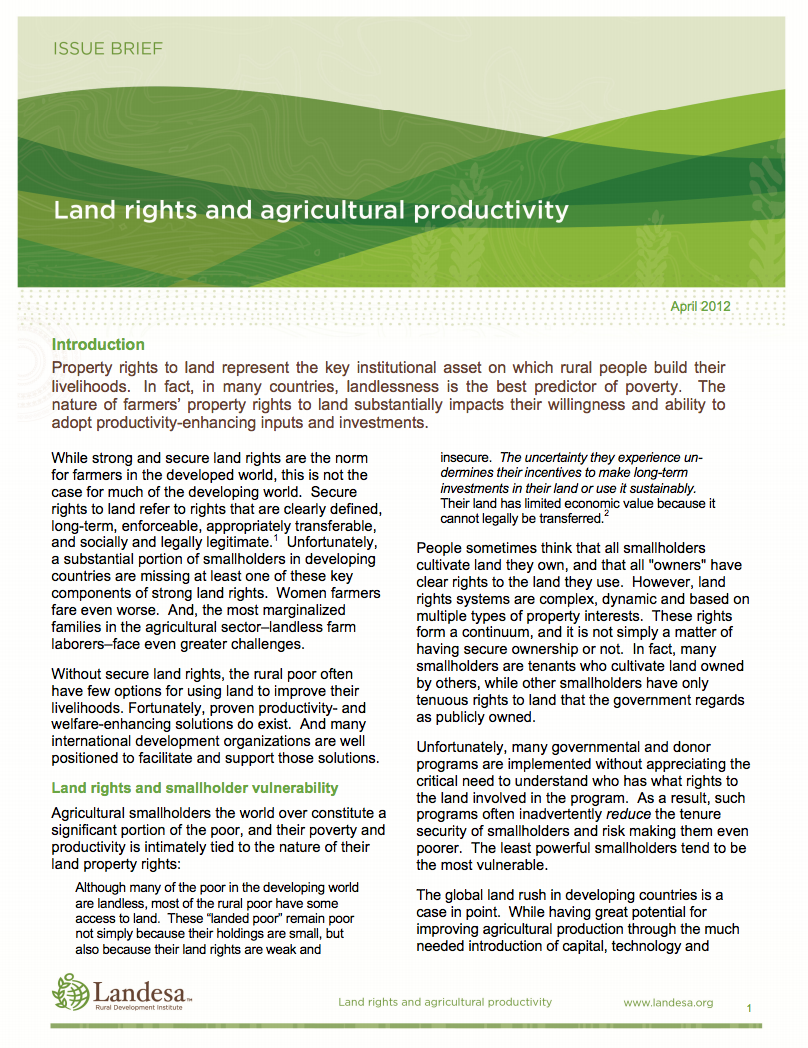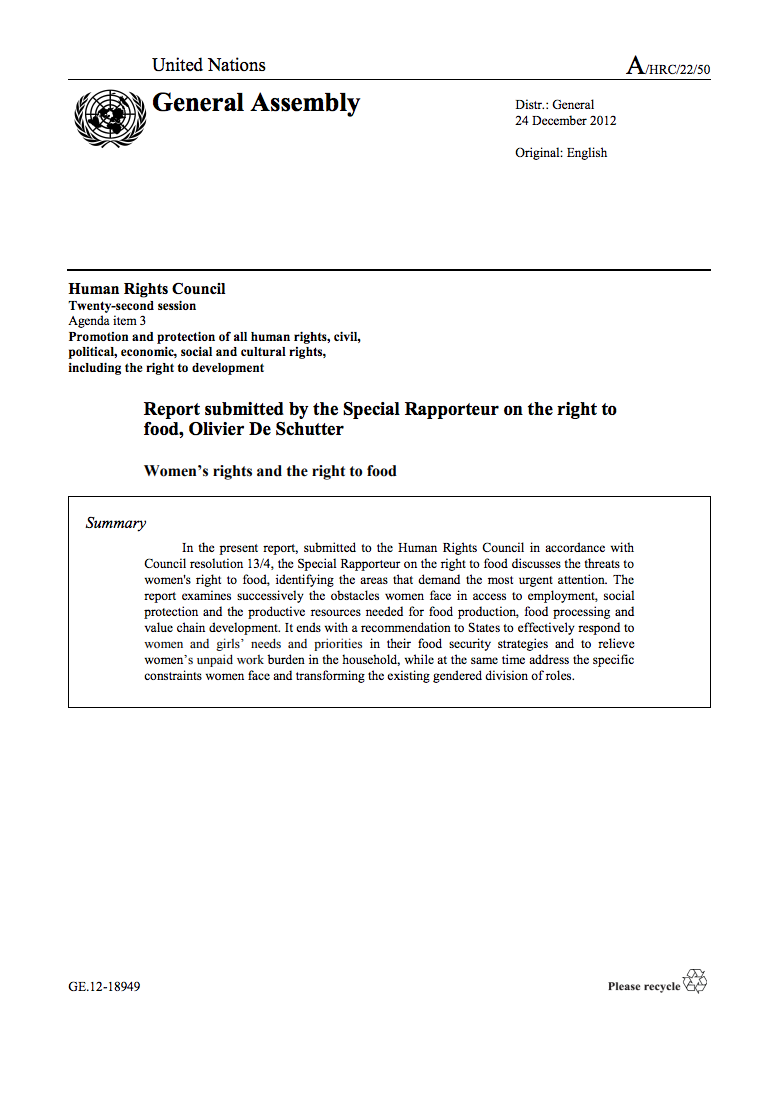Small-scale land acquisitions, large-scale implications: Exploring the case of Chinese banana investments in Northern Laos
The scholarly debate around 'global land grabbing' is advancing theoretically, methodologically and empirically. This study contributes to these ongoing efforts by investigating a set of 'small-scale land acquisitions' in the context of a recent boom in banana plantation investments in Luang Namtha Province, Laos. In relation to the actors, scales and processes involved, the banana acquisitions differ from the state-granted large-scale land acquisitions dominating the literature on 'land grabbing' in Laos.


